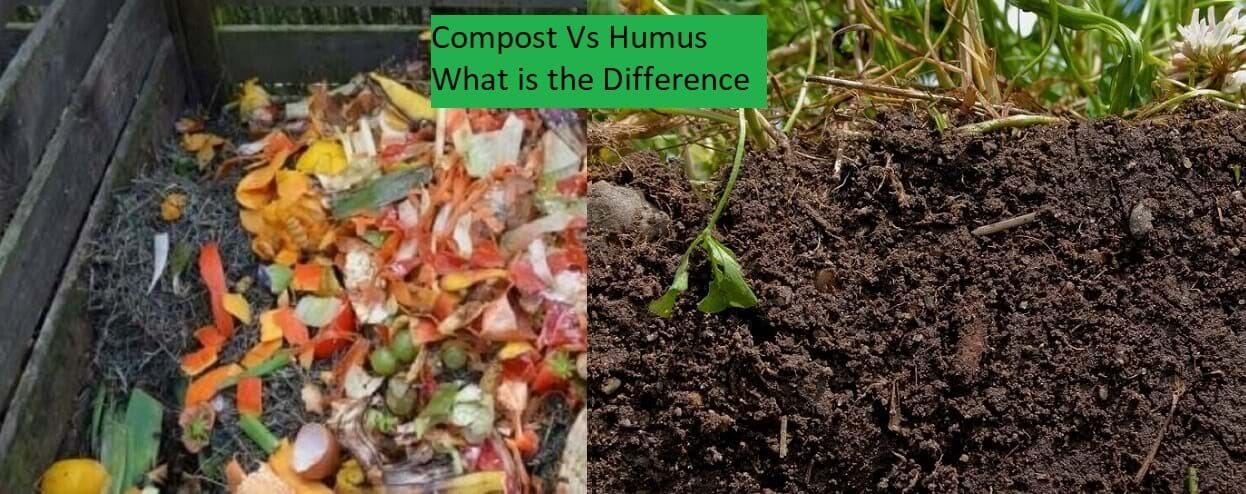Table of Contents
Gardeners use the phrases “compost” and “humus” and vice versa. Although humus and compost are important for fertile land, they vary in several ways. But, it is not that humus and Compost are applicable in opposite circumstances.
They are parts of both natural greeneries and artificial gardens. It is important that you are aware of the difference between humus and Compost while doing gardening. Humus is a naturally-created compost, while Compost is a man-made organic matter which is generally decaying from food waste.
Thus, go through this blog if you require soil that will render nutrition to every kind of plant for various seasons. You will diversify your knowledge of how to use humus vs. compost.
What is Meant by Humus Soil?
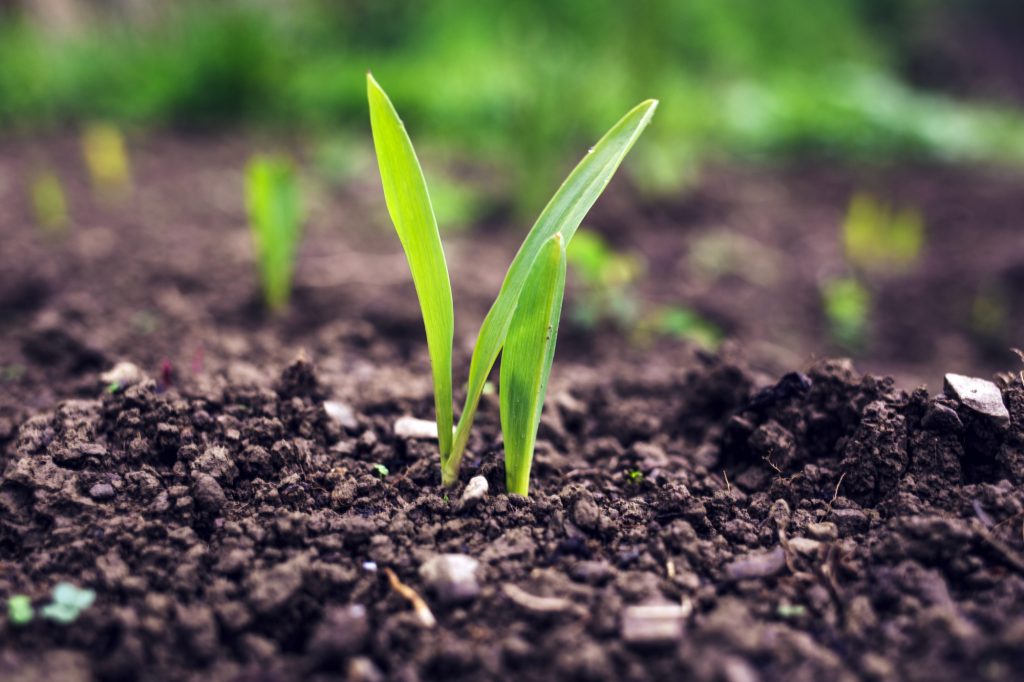
As humus is naturally formed, it spans from heaps of leaves covered in the soil or decaying branches underneath the water in marshland. It is found all over the place since it is a natural procedure generating ecosystems. Also, any garden soil consists of humus since the soil you plough in your backyard has existed in the decomposition cycle for years.
How to Define Compost?
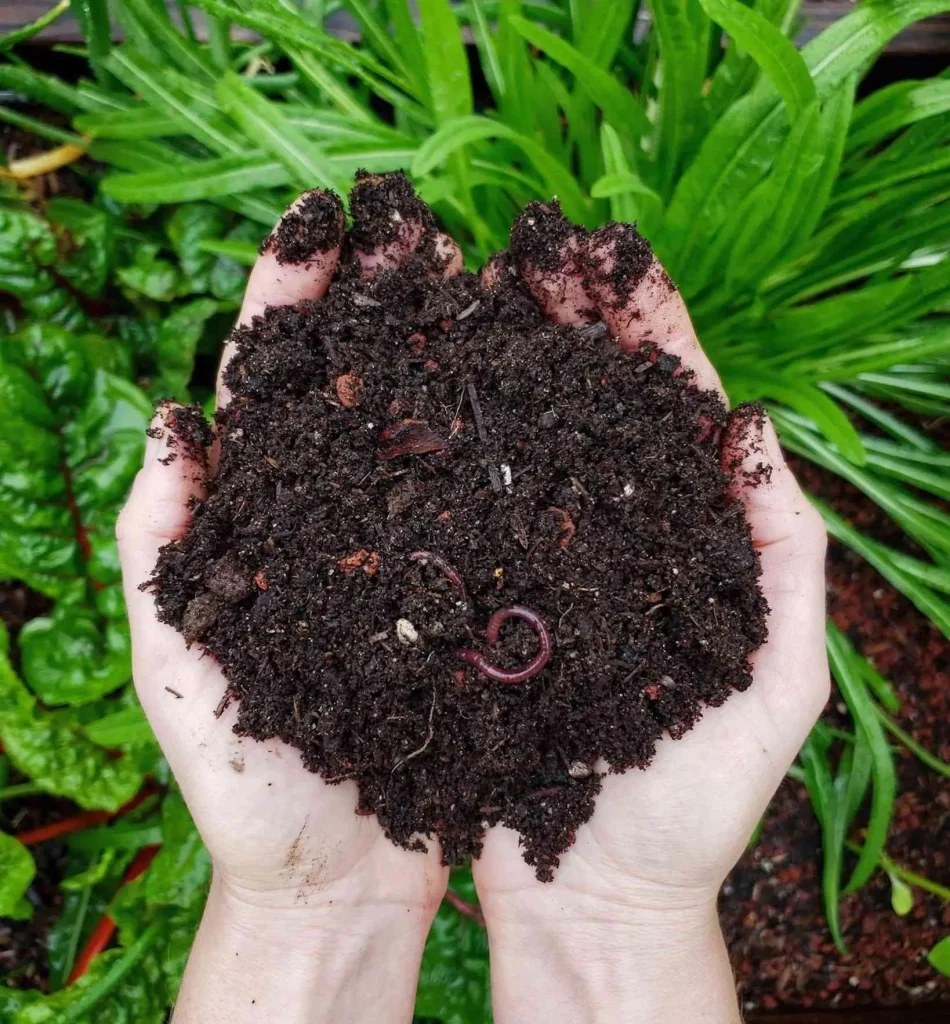
Compost is a bunch of organic matter which is decomposing. If it is decaying in the soil, it is composted.
You can generally get compost bins in houses. They resemble open containers with soil covered with organic waste from the home. The waste range from fruit peels, paper, and remaining food. It is not easy to know if it has completed composting. You can determine if the waste you threw does not exist; it denotes it has already decomposed with the soil. Finished Compost is generally used in businesses that need to keep trees and plants healthy. Instances are hotels, nurseries, and resorts. However, several homeowners are making compost bins for their plants.
Now, let’s comprehend the difference between humus and Compost based on several factors:
Humus vs. Compost
1. Composition of The Materials
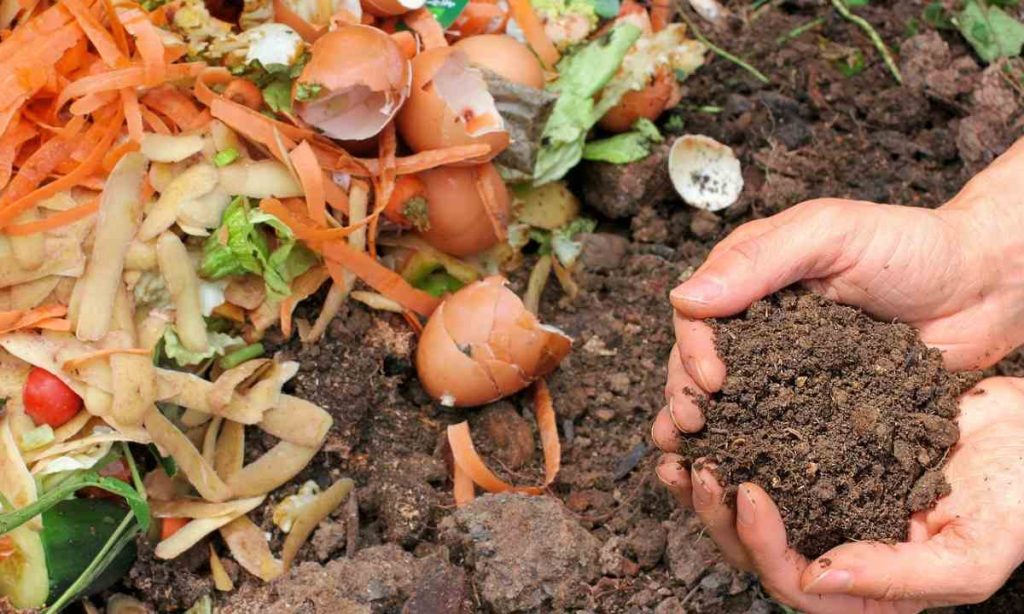
Ever thought what are the materials used for the formation of the humus and Compost? It is the rotting organic material. Organic material revolves around the constituent carbon. In addition, organic material generally has plants such as dead plants from the scenery, lawn clippings, unconsumed or ruined vegetables and fruits from the kitchen, and branches clipped or broken from trees.
The separation happens in the way how the procedure must take place. In the composting process, the organic material decays since microorganisms absorb the organic material surrounding oxygen, producing heat when the materials break into pieces. This process is called aerobic decomposition.
On the contrary, the decay of materials in the absence of oxygen creates the humus called anaerobic decomposition, and it can happen in Compost. Thus, humus is finished Compost.
While Compost is generated through the collection of materials like leaves lying in the forest, composting materials with human interference involves stacking the material in an area and then letting the procedure look after itself.
The final outcome is a rich material filled with nutrients and discharged by microbes in the soil for the plants’ usage.
Humus is generally found in marshy regions. The stagnant water obstructs oxygen forming an anaerobic environment suitable for hummus. The bacteria and different organisms intake the source material via fermentation. So, the outcome is a material formed of carbon with some nutrients.
Since anaerobic decomposition is a fermentation procedure, it has the aftereffect of making methane. Now, methane has an awful odour and is relevant to climate change.
2. Decay Level
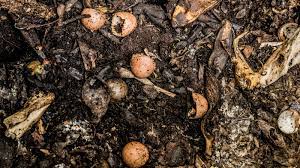
Compost is conventionally any organic matter which has started to decay. Nevertheless, it is different from the humus. It is a heap that is still rotting. When compost turns into the steady stage, it is hummus.
To summarize, when a leaf is decaying, it is in the compost stage. On the contrary, when a leaf mixes into the soil, it is humus. Further, regarding the difference in decay between Compost and humus, you must be familiar with how humans interfere.
The Compost decomposes in the presence of oxygen, called aerobic decomposition. This aspect is feasible due to man-made bins having aeration holes or being just open.
In contrast, humus is formed through anaerobic decomposition or decaying without (or negligible) oxygen.
3. Appearance and Texture
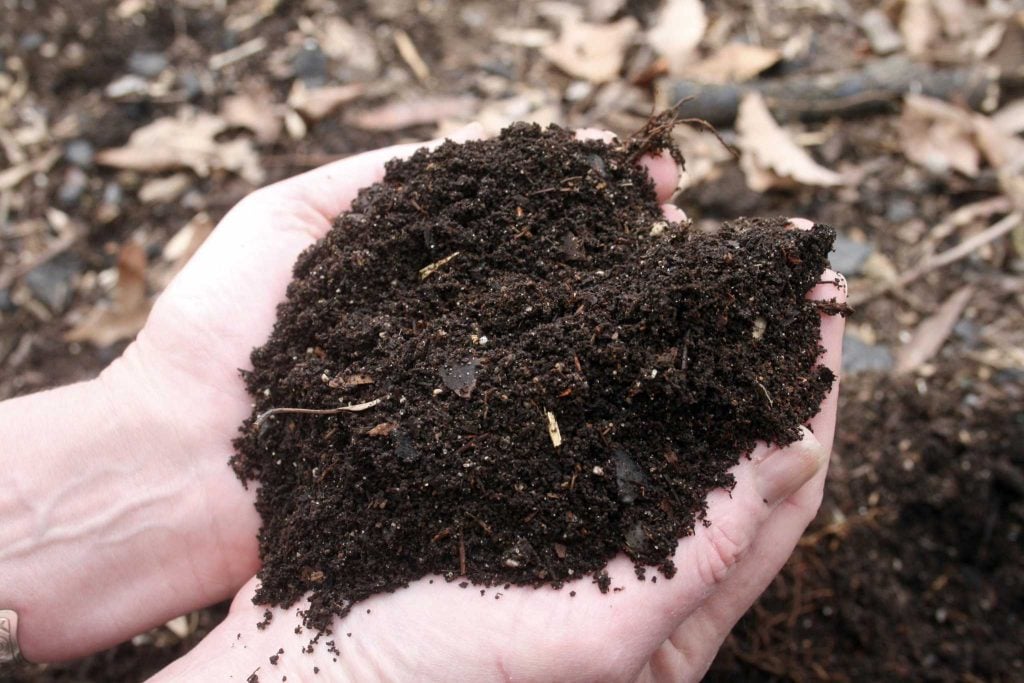
Compost is soil that has decomposing scrap meat or banana peel. You can differentiate the materials in Compost.
Humus is dark and appears like a wet sponge compared to the topsoil, which has a grainy and brown texture. It is due to the humus having nil exposure to animals and humans. The decomposition process is incessant.
4. Usage
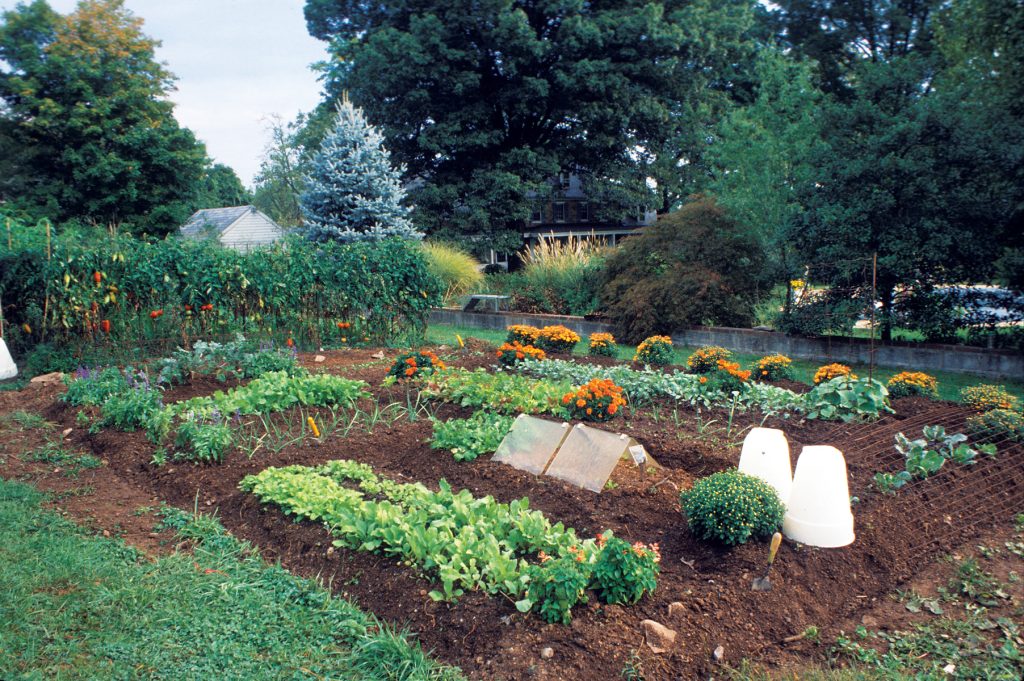
Compost and humus have diverse management properties. You might have observed that Compost is usually moist and not soggy, which makes it easy to take it out by hand or using a shovel. Using a fresh compost pile is appropriate, which cuts down the time for its work in the soil.
After you apply Compost, you obtain a great revert from the plants. The carbon and nutrients grow them, and the material helps to ventilate the soil. Accurate aeration leads to proper drainage of water and enhanced infiltration by roots.
Humus is mostly in your garden or lawn due to the sluggish decomposition of Compost. It maintains the carbon existing in the original Compost, but until it reaches the humus description, the rest of the nutrients are already used. Henceforth, Compost is an add-on for plant nutrition, while humus is an important byproduct that endows carbon.
That does not indicate that humus has no importance. It aids in maintaining moisture which is fruitful for dry weather. Additionally, it makes room for an environment where other nutrients can be precisely produced, stored, and available to plants. Humus is the need of the hour, but including compost results in great advantages will gradually make sufficient humus to be productive.
5. Human Participation
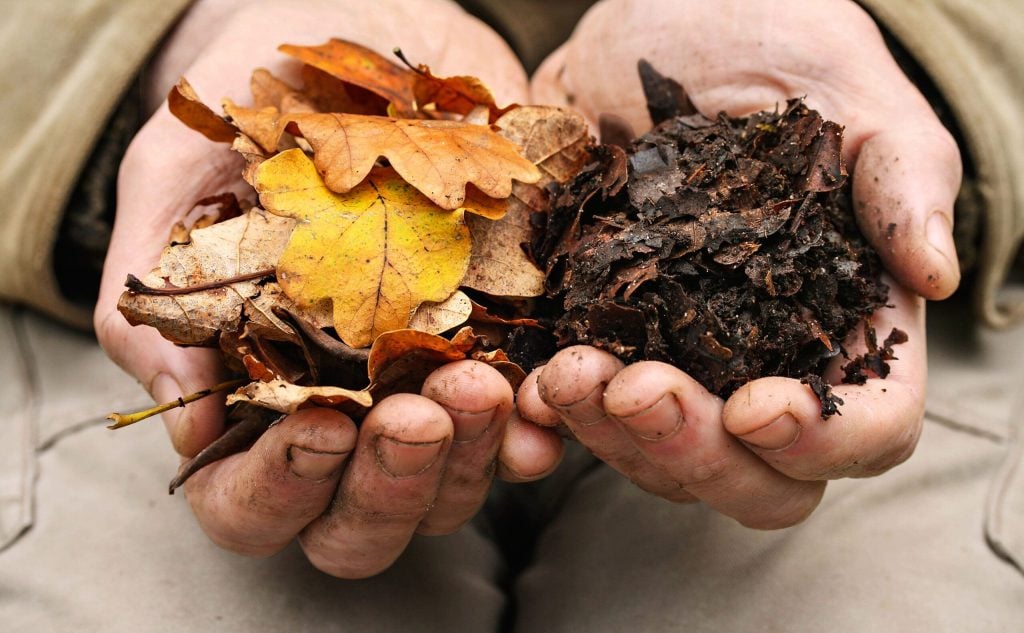
Compost is used more than humus as it has more human participation in its decomposition compared to hummus. Compost bins are frequently filled with organic waste from households of people. On the contrary, the composition of the humus is not seen.
Consider a heap of leaves at the surrounding park. Park wardens only collect these stacks of leaves occasionally.
It just forms, and when you visit the next time, you will perceive that it is not there anymore and fresh leaves have substituted it.
6. Application
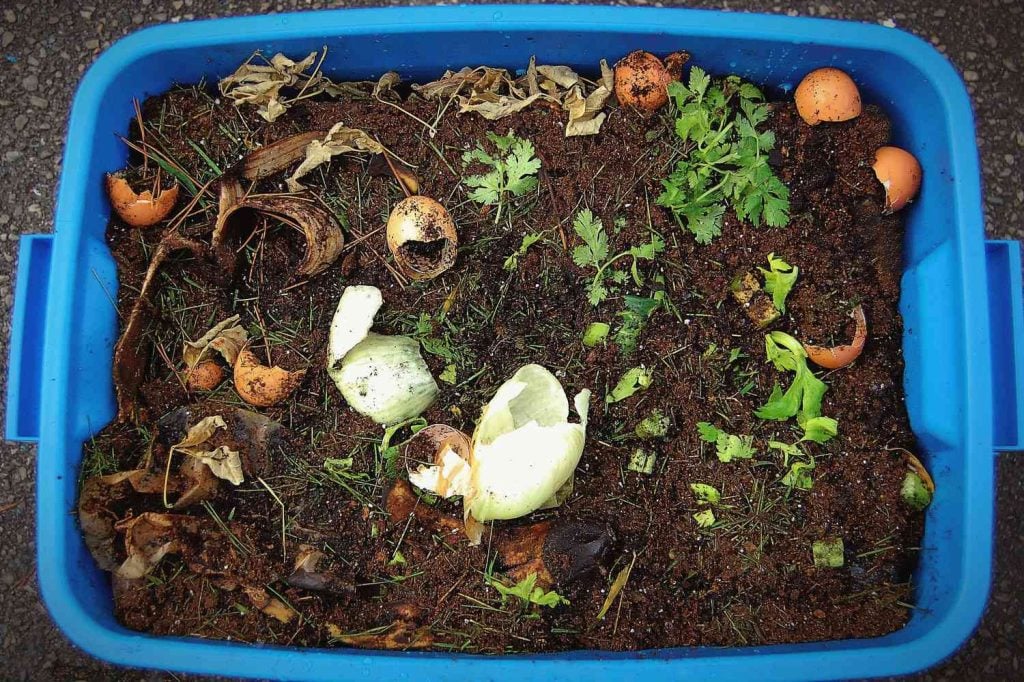
Even though humus has value in the soil, the high moisture and odour create issues for humus being a soil additive. One of the well-known places for recycling plant material is in urban locations.
Dense downtown regions, subdivisions, and condominiums can be the best place to enhance the environment. Humus can boost the growth of plants when included in the right amounts.
Although there are correspondences in the generation of Compost and humus, the side effects differ significantly.
You are creating your Compost in a specific container or in a simple formation that you can empty till the season’s end, and do not keep any leftovers. Composting produces no methane and no smell. Your neighbors will never perceive that you are composting, but they will perceive humus.
Humus has a horrible smell which will upset neighbours. This obnoxious smell will be more apparent when the finished product surrounds the lawn, mainly if the material should be aired to dry before its usage. Humus can be in a huge plastic container filled with plant material and water, but the method will result in a lot of black and foul water, which is tough to dispose of.
Homeowners’ associations might undertake some action if it leads to any obstructions. As humus produces naturally, doing the procedure with your Compost is more appropriate than choosing shortcuts.
Micronutrients and Macronutrients in Soil:
Let’s walk through the micronutrients and macronutrients in the soil:
- Nitrogen: It is beneficial in the growth of plants.
- Potassium: Aids in the reproductive aspect of plants.
- Magnesium: Keeps the plant healthy and green.
- Calcium: Vital in keeping a porous wall to allow the nutrients to penetrate.
- Phosphorous: Important in seed and root growth.
- Sulfur: Sustains a healthy metabolism.
- Iron: Boosts chlorophyll-related functions such as oxidation.
- Manganese: Important in nitrogen metabolism, photosynthesis, and respiration.
- Zinc: Accountable for synthesizing proteins.
- Copper: Stimulates enzymes for respiration and photosynthesis.
In short, Compost is decomposing matter. From leftover orange to a dead bird, it is just Compost. It turns into a humus when completely rotted; the soil has absorbed the nutrients and is a part of the soil. You can articulate that everything is primarily Compost which turns into humus, but not vice versa.
Why Must You Include Compost or Humus in The Soil?
Compost has an ecological way of discarding organic waste.
Rather than inserting it in a plastic bag and dumping it with other undecaying waste, you can dispose of it on any nearby land. Additionally, it is an approach of not throwing any organic waste in the drain and letting it blend in the wastewater system.
What happens if it goes into the lake or river? It can lead to algae growth which hinders the oxygen for the fish. You must use your Compost when transplanting or planting seedlings.
The seedling will have fertile soil for the initial growth as the first weeks, particularly after getting transplanted to the soil from a pot, are fundamental in the endurance of the seedling.
Advantages of Humus Compared to Compost
Humus is usually rich in nutrients because of its huge duration of decomposition. It is the best way to begin your Compost. You can search the humus after you dig deep to get a moist and soft layer of soil.
Generally, when you see earthworms, it is already the humus layer. Merging it with Compost will fasten the decomposition procedure. Ensure you add a few worms to your compost bin. Humus is the most desirable choice for enhancing completely mature or semi-adult trees. This aspect is because when trees grow, they need more nutrients to live.
While a tree is completely grown, the leaves will fall naturally and turn to compost during decomposition. Afterward, it converts to humus when completely decayed.
Including Compost or humus to maintain rich soil
Many gardeners include the current batch of fertilizer from the local market or build a stringent water schedule. The efficient manner of maintaining your garden healthy is letting it be. This facet does not indicate that you might give nil attendance towards your garden. It entails that you do not require to add store-sought garden gadgets or supplements to have a great garden. Your motive is to aid plants in having healthy growth and not meddle with it.
Plants grow, die, and reproduce since the advent of time. Therefore, they can adjust and endure natural conditions. This factor is due to dense and lush tropical rainforests compared to urban regions’ forests.
Bottom Line
Boosting the soil is vital to keeping clean soil and healthy plants. The usage of organic matter is a fundamental part of the procedure.
The method for developing Compost is clean, easy, and without complications. Its end product is simple to handle. On the other hand, humus will be created naturally with the addition of quality compost. Healthy soil will generate a sufficient supply of humus.
Both humus and Compost can amplify your soil quality and aid you in growing better plants. When you add Compost to plant matter, it will aid you in enhancing the soil characteristics.
After adding Compost to your soil, you will get humus quantities in your ground. Your Compost will turn into humus after the microorganisms in the soil have completed decomposing the organic matter when giving food to your plants.
Frequently Asked Questions
How Are Compost and Humus Important to The Soil?
Compost and humus are important to the soil as they aid in nourishing the microbiome of your soil and raising its fertility. In addition, both will boost your soil’s structure, avoid nutrient leaching, and give proper water maintenance and aeration.
Can You Use Humus in Place of Compost?
No, you cannot use humus in place of Compost. The waste materials which are still decaying are known as Compost. Therefore, humus cannot be used as compost, but the organic elements of Compost turn into humus.
How Much Humus Exists in Compost?
100% humus exists in Compost. Rich in humus denotes the material encloses some organic matter with too much static filler. As a result, finished Compost, produced from mixed yard waste, is 100% humus.
Is Compost Similar to Hummus?
The Compost is not similar to hummus. Humus is a naturally-created compost. On the other hand, Compost is a man-made organic matter which is decaying from food waste. Humus is a finished compost, while Compost is still decaying.

